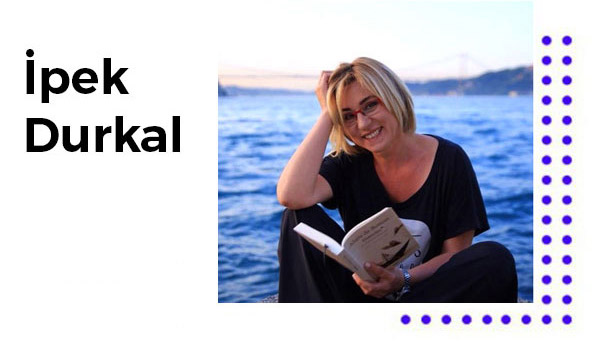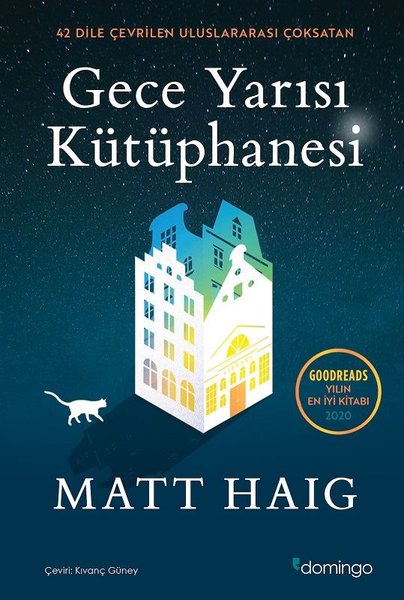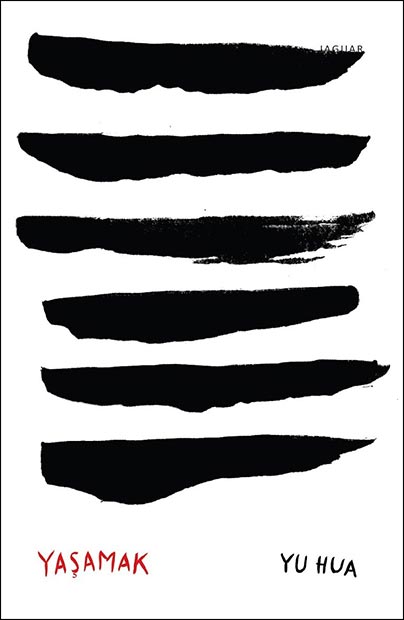
At some point in our lives, each of us must ask, “If given a second chance, what would I prefer? How would my life be different if my preferences had been different? Would I have regrets in other areas if I could make up for my regrets?” You may have even wondered, “Would different friends, another spouse, another family, or another city be enough for me to be happy?”
“The Midnight Library”, written by British novelist Matt Haig, selected as the ‘Best Novel of the Year’ in the 2020 Goodreads Awards and translated into over 40 languages, allows us to ponder these questions through the experiences of the main character, Nora.
“The Midnight Library” offers Nora, who has decided to commit suicide, the opportunity for a life-changing journey. Each book in the library represents a different life, and Nora can experience those lives through the books she chooses.
‘Between life and death, there is a library where you can live all the lives you couldn’t, where you can see all the choices you can make, where you can evaluate every possibility, and every book you pick up represents a different life for you. Would we be happy if we lived those lives?’ This fantasy fiction novel revolves around this question and allows the ‘if onlys’ to turn into ‘blessings’. It underlines that instead of being sad about the lives we did not live, perhaps being content with what we have will make us much happier.
To summarize: A lifetime is not to be spent lamenting what we didn’t get to experience; who knows, maybe we are living the best version of life for us right now.

Speaking of Living…
The sentence that captivated me in China’s master Chinese writer Yu Hua’s book “To Live” was the one on the back cover: “It’s not just reading a life story; it feels like you’ve lived a life.” When the seller said, “It’s one of the most remarkable books I’ve ever read,” my enthusiasm soared even higher. I’m also delighted that my enthusiasm never waned, not even for a single page of this book, which I devoured in no time.
“To Live” was first published in 1993. It was banned in China due to its critical portrayal of the social divisions and poverty stemming from the Chinese Cultural Revolution. Then it was adapted into a movie, which despite winning a prize at Cannes, was banned.
In “To Live,” we witness the story of Fugui and his family, often through tears.
Not every writer can depict the myriad dramatic events unfolding in Fugui’s inner world, his family, his surroundings, his village, and his country with such simplicity and profundity. “To Live” shines like a star among all the works of modern literature.
Let me conclude my article with a bedside passage that I highlighted from this book, which I am grateful I read:
“There are four rules that people should not forget: Don’t misspeak, don’t sleep in the wrong bed, don’t use the wrong door, don’t put your hand in the wrong pocket…”



